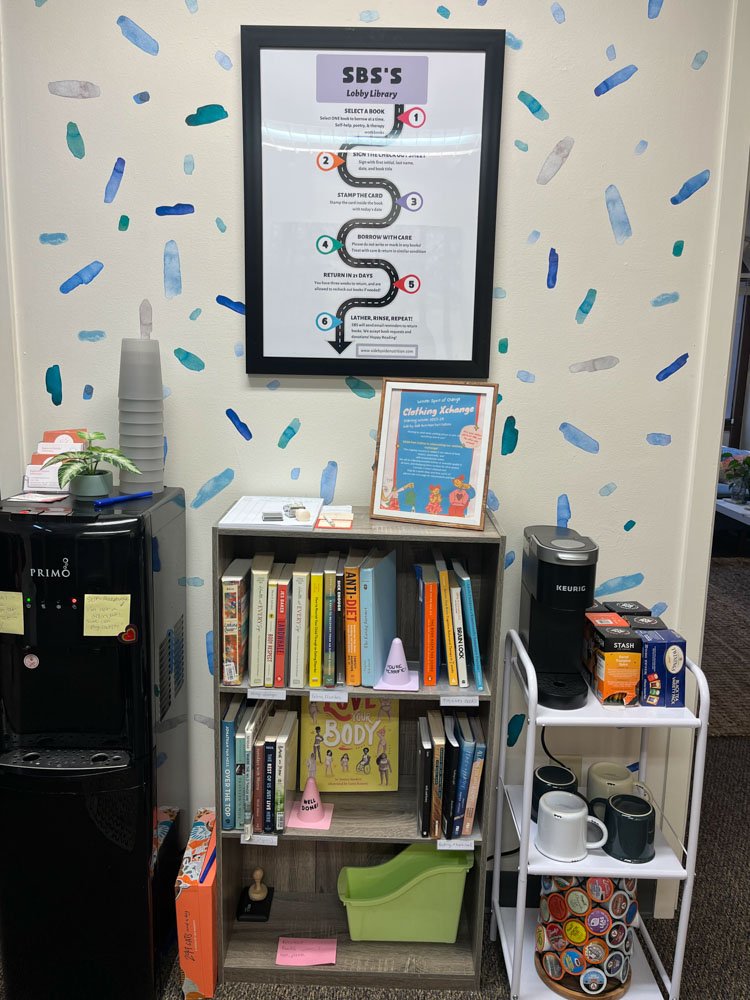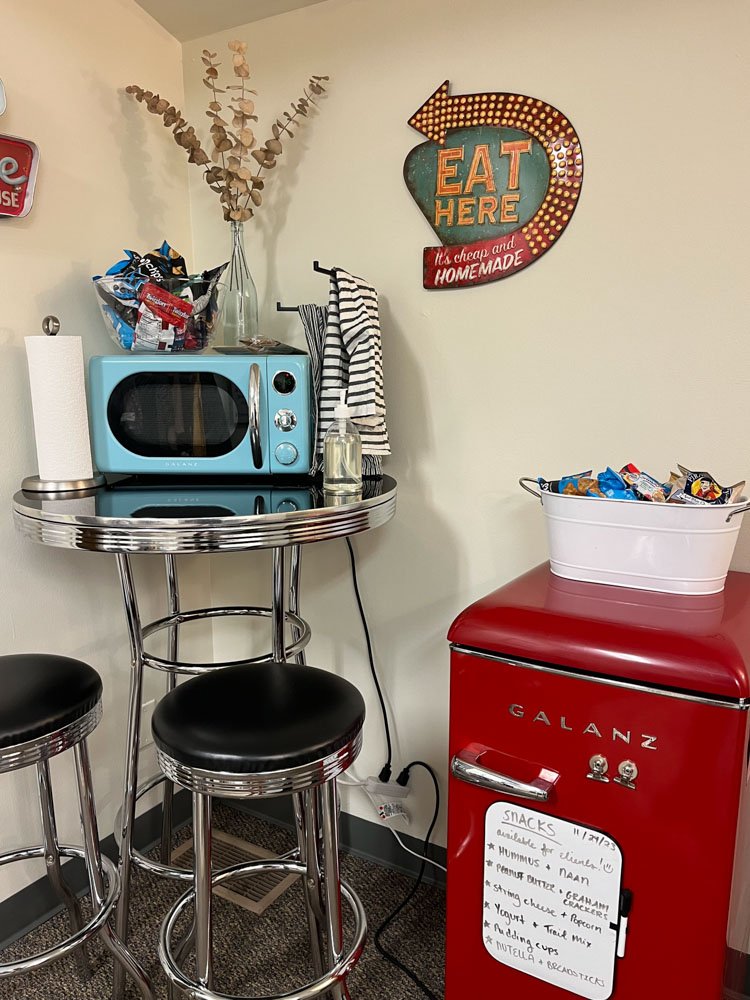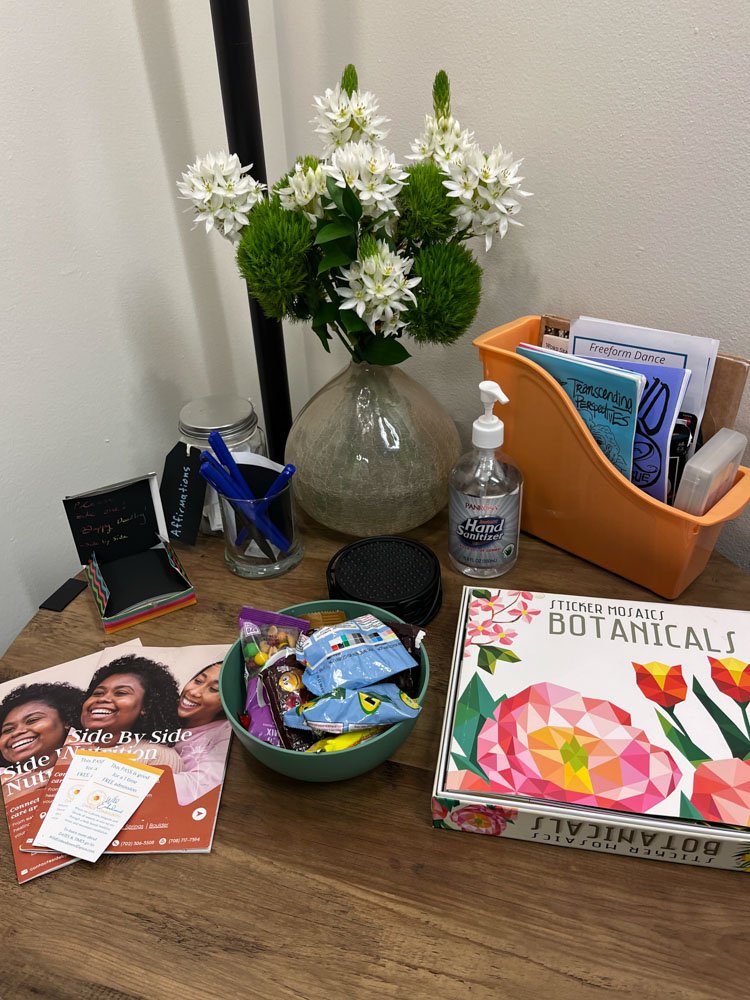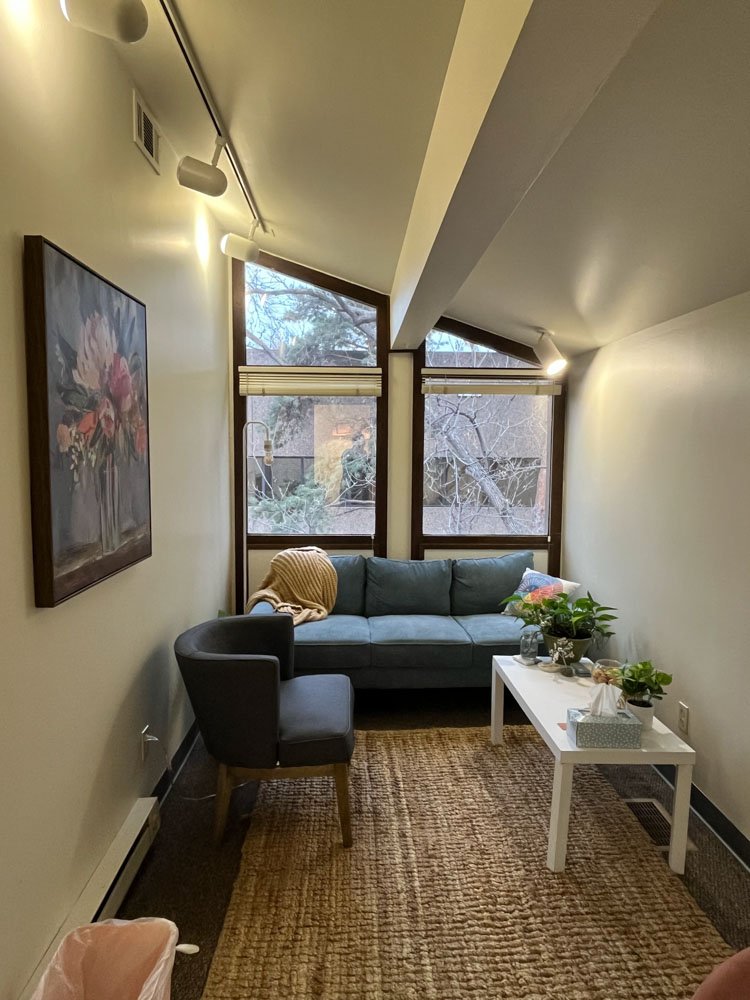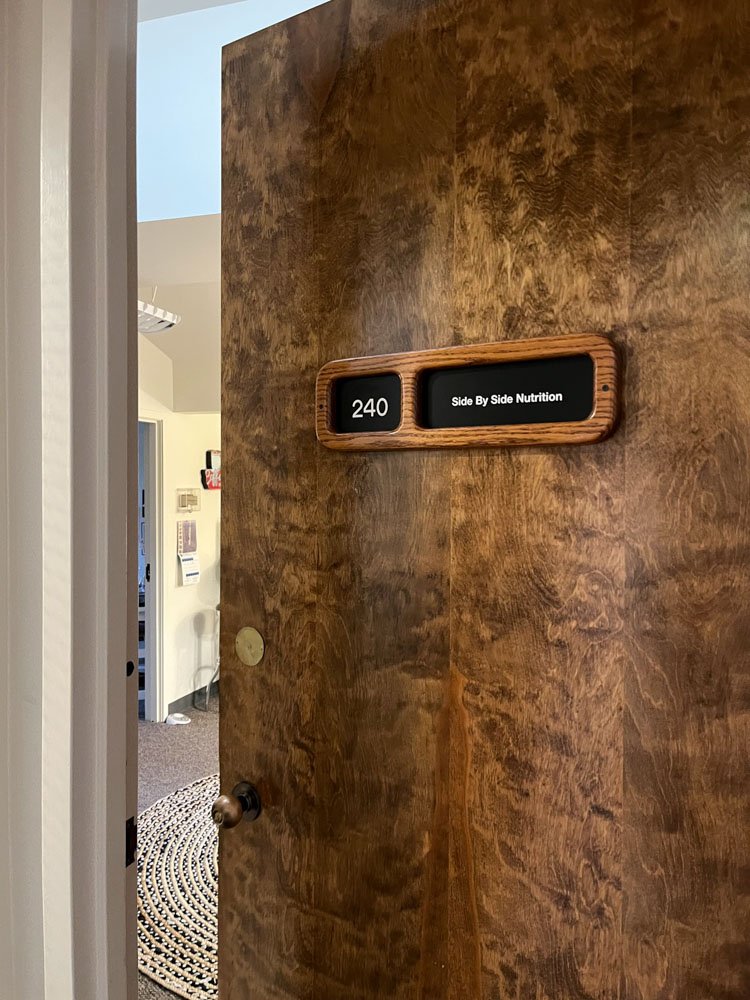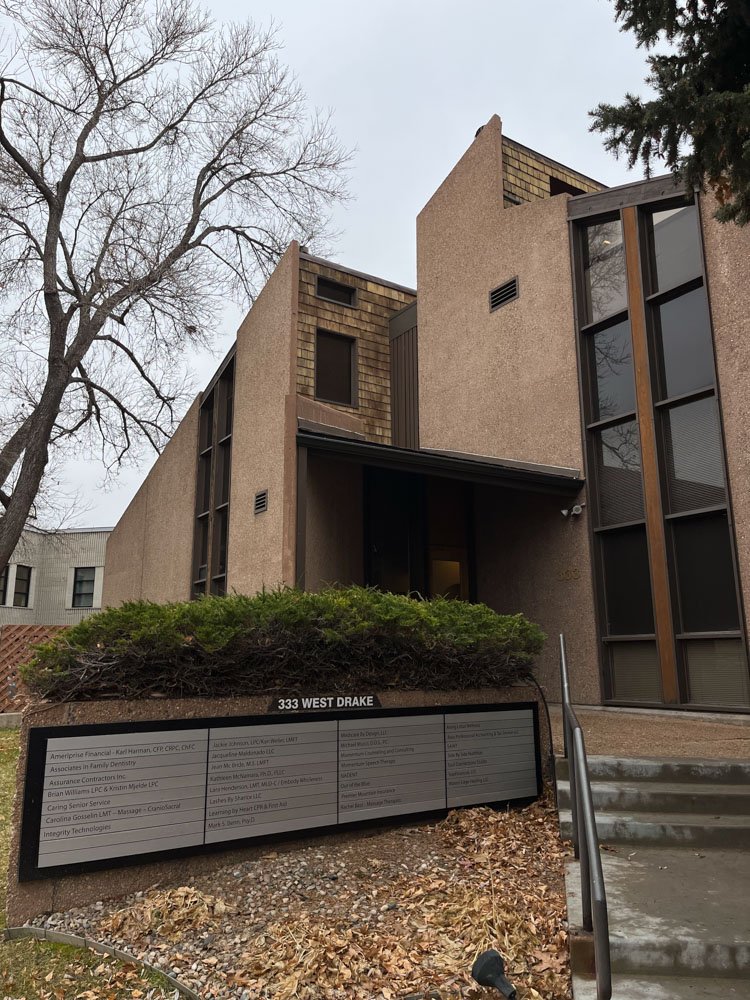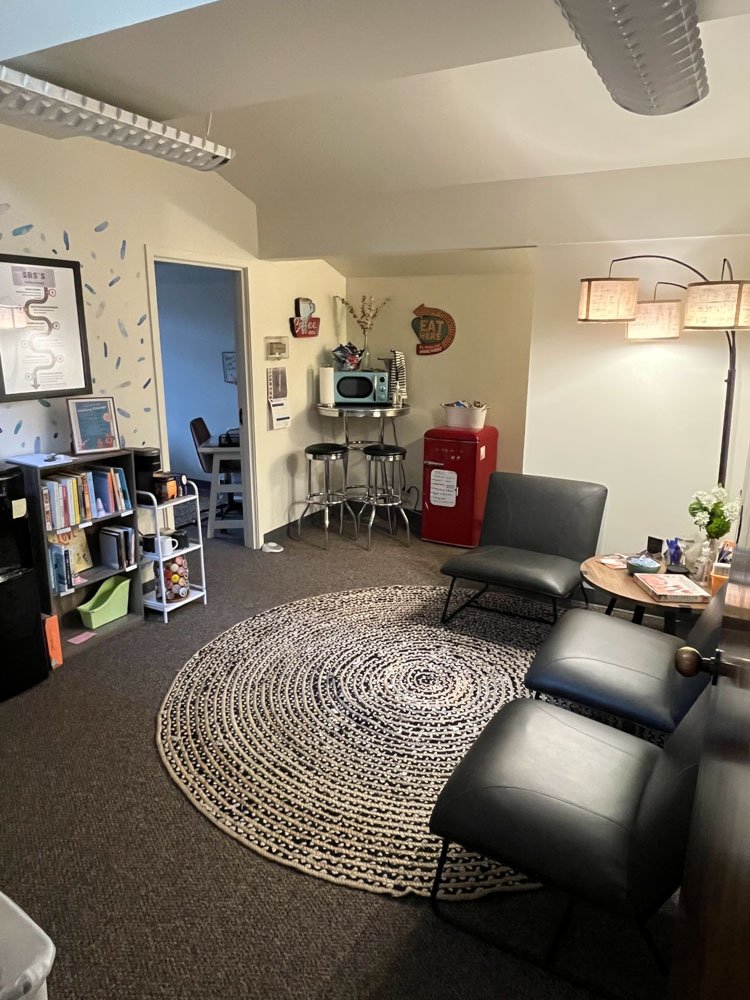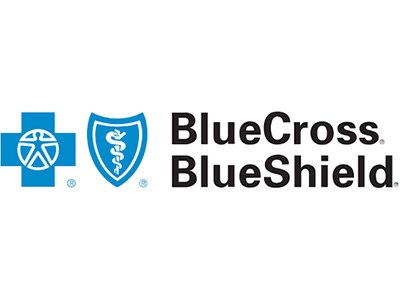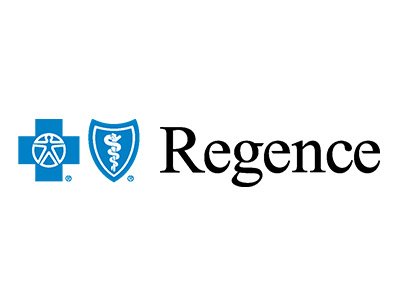Side By Side Nutrition - Fort Collins, CO
333 W Drake Road, Suite 131, Fort Collins, CO, 80526
Office Hours
7-8PM, Mondays - Fridays
HOW TO ARRIVE:
Our office is by the intersection of College RD and Drake RD in Drake Professional Park, by the railroad crossing. We are in the same office park as Radiant Dental. Our office is located in building 333, the building entrance is on the ground floor, and our office is on the second floor in suite 240.
We accept Cigna, Aetna, UMR, United, and BCBS for both in person and telehealth visits.
We are able to serve people outside of Colorado via our telehealth services.
Feel free to contact us for more information about out of state services.
What are your areas of service in this location?
We see clients from Fort Collins, Arvada, Boulder, Greeley, Timnath, Windsor, Brighton, Longmont, Loveland, Thornton, Severance, Broomfield, Northglenn, Weld County, Westminster, Grand County, Commerce City, Gilpin County, Boulder County, Jackson County, Larimer County, Laporte, Wellington, Severance, Campion, Ault, Berthoud, Johnstown, Eton, Milliken, Greeley, Mead, Evans, La Salle, gilcrest, Lyons, Estes Park, Longmont, Platteville, Kersey, Niwot, Firestone, Frederick, Dacono, Gunbarrel, Aristocrat Ranchettes, Erie, Fort Lupton, South Greeley (WY), Fox Farm-College (WY), Boulder, Warren Air Force Base, Cheyenne, Lafayette, Louisville, Hudson, Todd Creek, Brighton, Superior, Keenesburg, Lochbuie, Broomfield, Ranchettes, Nederland, Northglenn, Coal Creek, Thornton, Federal Heights, Westminster, Sherrelwood, Welby, Derby, Twin Lakes, Berkeley, Arvada, Commerce City, Wheat Ridge, Lacramie (WY), Granby, Applewood, Edgewater, Golden, Central City, Denver, Fraser, West Pleasant View, Aurora, Lakewood, Glendale, Idaho Springs
What is the difference between a nutritionist and a dietitian?
Every Registered Dietitian (RD or RDN) is also a nutritionist, but not every nutritionist has the official credentials of a Registered Dietitian Nutritionist. The key difference lies in the fact that the term "nutritionist" isn't regulated, meaning just about anyone can claim it, regardless of their level of training. For instance, some may have only completed a short course or read a book. On the other hand, a Registered Dietitian Nutritionist (RD or RDN) is a nationally recognized credential and has fulfilled specific requirements, including having earned at least a bachelor’s degree in nutrition science, completed a 1200+ hour supervised practice program and passed a national registration examination — in addition to maintaining extensive continuing education requirements for re-licensure.
Are dietitians worth it?
Many people recognize the immense value of dietitians for their expertise, evidence-based approaches, personalized guidance, and compassionate support in fostering behavioral change, among other aspects. Given the crucial role dietitian nutritionists play in promoting overall health and wellness, it's reassuring to know that most insurance plans offer coverage for medical nutrition therapy.
How often should you see a nutritionist?
Individuals receiving outpatient care for eating disorders typically engage with a nutritionist on a weekly basis, although this frequency may vary depending on their specific needs. Weekly sessions offer a consistent opportunity for close monitoring of dietary patterns, collaborative meal planning, working toward small and large goals, working to get to the root of food and body image distress, building trust in food, and maintaining consistent progress toward full recovery. Regular interaction enables the timely addressing of obstacles, reinforcement of positive behaviors, and adjustments to treatment strategies. Moreover, it allows for meal assistance, guidance through exposure therapy, and continual education on nutrition to foster a balanced and compassionate relationship with food and body.
The structure provided by weekly sessions fosters accountability, motivating individuals to stay committed to their nutritional objectives and facilitating ongoing assessment of progress. Depending on the severity of the eating disorder and the individual's advancements, the frequency of sessions may be adapted over time to suit evolving needs. The overarching aim is to empower individuals to take charge of their nutrition autonomously while ensuring sustained support and collaboration with the wider treatment team.
Is a nutritionist worth it for weight gain?
Absolutely, reaching out to a registered dietitian nutritionist for weight gain support can make a real difference. They offer personalized advice, crafting a meal plan that suits your specific needs and tastes. Nutritionists also provide ongoing support, education, and strategies to ensure a healthy and lasting journey toward your weight gain objectives.
Is it better to see a dietician or a nutritionist for diabetes?
When it comes to managing diabetes effectively, it's best to seek guidance from a registered dietitian (RD) instead of a general nutritionist. RDs receive specialized education and training in medical nutrition therapy, particularly in diabetes management. They provide evidence-based advice on meal planning, carbohydrate management, blood sugar regulation, and personalized lifestyle adjustments. The title "dietitian" is legally safeguarded, guaranteeing consistent educational standards and professional qualifications. Opting for a registered dietitian ensures access to a higher level of specialized expertise and credentials, essential for successful diabetes management.
When should I see a dietician?
Seeing support from a dietitian is extremely beneficial for many different reasons:
Eating Disorders and Disordered Eating: Especially in cases of eating disorders and disordered eating, a specialized dietitian plays a crucial role on the treatment team and in recovery through nutritional therapy, behavior support, and body image healing.
Medical Conditions: For conditions including diabetes, heart issues, gastrointestinal problems, or food sensitivities, a dietitian provides tailored, evidence-based advice and guidance to help you reach a place to feel confident in your food choices.
Sports Nutrition: Athletes aiming for optimal performance, recovery, and a healthy relationship with food and exercise can gain valuable insights and support from a sports dietitian on nutrition for training, competitions, recovery, and an overall healthy and balanced relationship with food and body image in sport.
Digestive Problems: If you're dealing with issues like IBS or celiac disease, a dietitian can help identify trigger foods, help create individualized eating plans, reduce symptoms, and help you gain more trust in food and your body.
Pregnancy and Postpartum: Nutritional guidance from a registered dietitian during pregnancy and postpartum helps in maintaining a healthy and adequate diet, in meeting specific nutritional needs, and in creating and maintaining a healthy relationship with food and body image.
Chronic Diseases: Individuals with conditions like high blood pressure or kidney disease benefit from a dietitian's expertise in managing these conditions through dietary and lifestyle adjustments.
General Nutrition Education: Whether you aim to enhance overall diet quality, learn about balanced nutrition, or adopt a healthier lifestyle, a dietitian offers valuable education and practical advice to help you to create an empowered relationship with food and nutrition.
Vegetarian or Vegan Diets: Whether you're already following or considering a vegetarian or vegan diet, a dietitian ensures you meet your nutritional requirements without any deficiencies.
Allergies and Intolerances: For those with food allergies or intolerances, a dietitian assists in creating a safe and balanced diet that accommodates dietary restrictions.
Ditching Diets and Becoming an Intuitive Eater: If you are on the chronic dieting hamster wheel, working with a dietitian can help you ditch restrictive diets once and for all and become an intuitive and empowered eater.
Healing Body Image: Dietitians can help to support a better relationship with body image, help to heal body image distress, and to have a more confident relationship with your body.
Overall, consulting a dietitian can help you achieve a respectful and compassionate relationship with food, conquer specific health goals, manage medical conditions, or address dietary concerns. They provide personalized guidance, evidence-based recommendations, and ongoing support to help you attain your nutritional and health objectives.
What is the difference between a clinical dietitian and a registered dietitian?
A registered dietitian (RD) is a trained professional with at least a bachelor's degree in nutrition. RDs can be employed in various settings, including clinical environments. On the other hand, a clinical dietitian is a registered dietitian who works in a clinical setting, delivering nutritional care within healthcare settings. While all clinical dietitians are registered dietitians, not every registered dietitian exclusively practices in clinical settings.
Can you self-refer to a dietician?
In many cases, individuals can directly reach out to a dietitian without requiring a recommendation or referral from a healthcare provider. This empowers people to independently seek nutritional advice, obtain customized meal plans, and address particular health or dietary issues. However, in some healthcare systems or insurance plans, coverage may necessitate a referral from a physician. Nevertheless, self-referring to a dietitian is accepted and encouraged for anyone in search of nutritional guidance and support!
Do dietitians make meal plans?
Dietitians frequently create customized meal plans with their clients as part of their nutritional support. This involves a collaborative process where the dietitian closely collaborates with the client to comprehend their unique requirements, preferences, dietary limitations, health objectives, goals, stage of change and motivation, values, and more.
What is a holistic registered dietitian?
A holistic registered dietitian takes a comprehensive approach to nutrition and health, considering the interconnectedness of physical, mental, emotional, and spiritual aspects. Key components of this approach include considering the whole person, tailoring nutrition plans to individual needs, acknowledging the link between mind and body, prioritizing preventive health measures and overall wellness, showing cultural awareness, providing education and empowerment, and guiding clients towards lasting lifestyle changes.
It's essential to highlight that the term "holistic" complements rather than replaces the scientific basis of nutrition. Holistic dietitians merge evidence-based practices with a broader understanding of holistic wellness, aiming to develop balanced, compassionate, individualized, and sustainable, solutions for their clients.
What is nutrition coaching?
Nutrition coaching entails a customized and cooperative method to assist individuals in attaining their health and wellness objectives by making dietary and lifestyle adjustments. Nutrition coaches, frequently certified professionals like registered dietitians, collaborate with clients to create and implement strategies aimed at enhancing nutrition, fostering healthier eating habits, creating an empowered relationship with food and body, and enhancing overall well-being.
What is a clinical dietician?
A clinical dietitian specializes in delivering nutritional care within clinical environments such as hospitals, addressing acute or complex health conditions. They collaborate with hospitalized patients, particularly in instances involving severe illness, surgery, critical care, or medical interventions. On the other hand, individuals might seek guidance from an outpatient registered dietitian (RD) to address general health and wellness objectives, such as fostering a positive relationship with food and body and/or managing chronic conditions in non-hospital settings like private practices. To summarize, clinical dietitians primarily work within hospital settings, providing intensive medical treatment, while outpatient RDs work with a broader range of health and wellness goals outside the hospital setting, tailored to individual needs.



